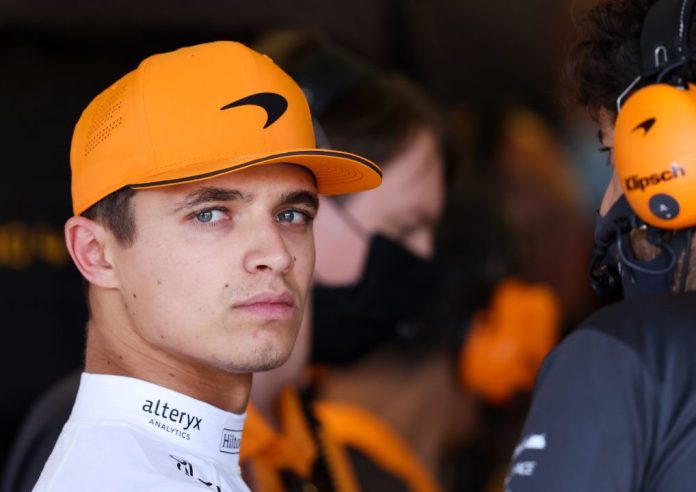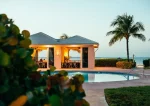Each September, the streets of Singapore transform into a high-octane theater of light, sound, and speed. The Formula 1 Singapore Grand Prix is more than a race — it’s a spectacle that commands global attention, drawing tens of thousands of visitors and beaming the city-state’s skyline into millions of homes worldwide. But the real story…
© NewInAsia.com 2025








